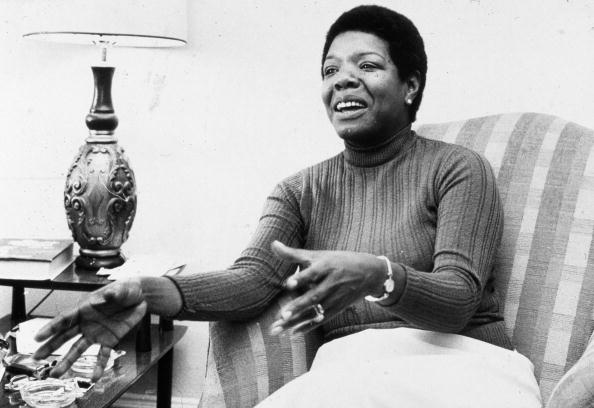
by Carlos Cooper |
We’ve all read work by snarky writers who’ve cast aside the rules and developed their own way. These are the rule-breakers, the free spirits. They don’t take themselves too seriously and even throw in a dash of self-deprecation for effect.
The ones I’m talking about are not bad people, but because of their irreverent behavior they sometimes get lumped in the snob category.

by Joe Bunting |
Are you intentionally using complex, that is, ‘refined’ vocabulary in your writing? Is it because you feel it sounds better, sophisticated, cultured?
For quite some time now, my observations of the style of proclaimed authors indicate they use simple vocabulary. Yet, even though their choice of words is rather simple, the thoughts they are expressing and the way of expression they use is what makes their writing special.

by Monica M. Clark |
Last week the writing community lost one of its greatest gifts: Maya Angelou.
She was prolific. Lyrical. Compassionate. But above all, she was inspiring.

by Emily Wenstrom |
Write every day. Set a word count and don’t get up until you reach it. Butt in chair, hands on keyboard.
Writers get a lot of advice about the importance of pushing ourselves to get the words on the page. It’s a principle I try to live by, and I know I’m not alone. But there are times when the best thing you can do for your writing is just step away.

by Guest Blogger |
It’s one of the first creative writing lessons we’re taught: use all your senses. I remember sitting at my desk in second grade with a fun pack of Skittles while the teacher told us about how we needed to use our eyes, ears, noses, mouths, and hands to describe them.

by Liz Bureman |
I have a soft spot for British humor. I believe this stems from my first viewing of Monty Python and the Holy Grail in high school. One of the first scenes after the knights receive their commission from God involves King Arthur and his knights trying to get into a French-controlled castle where they believe the Grail is being held. They attempt to talk their way in, but are met with strong verbal rebuffs from the sentry. Insults are hurled from the top of the gate, and the Knights of the Round Table make a hasty retreat after their egos have been sufficiently bruised.
The Frenchman’s barrage of creative insults is an example of what is known as invective.








